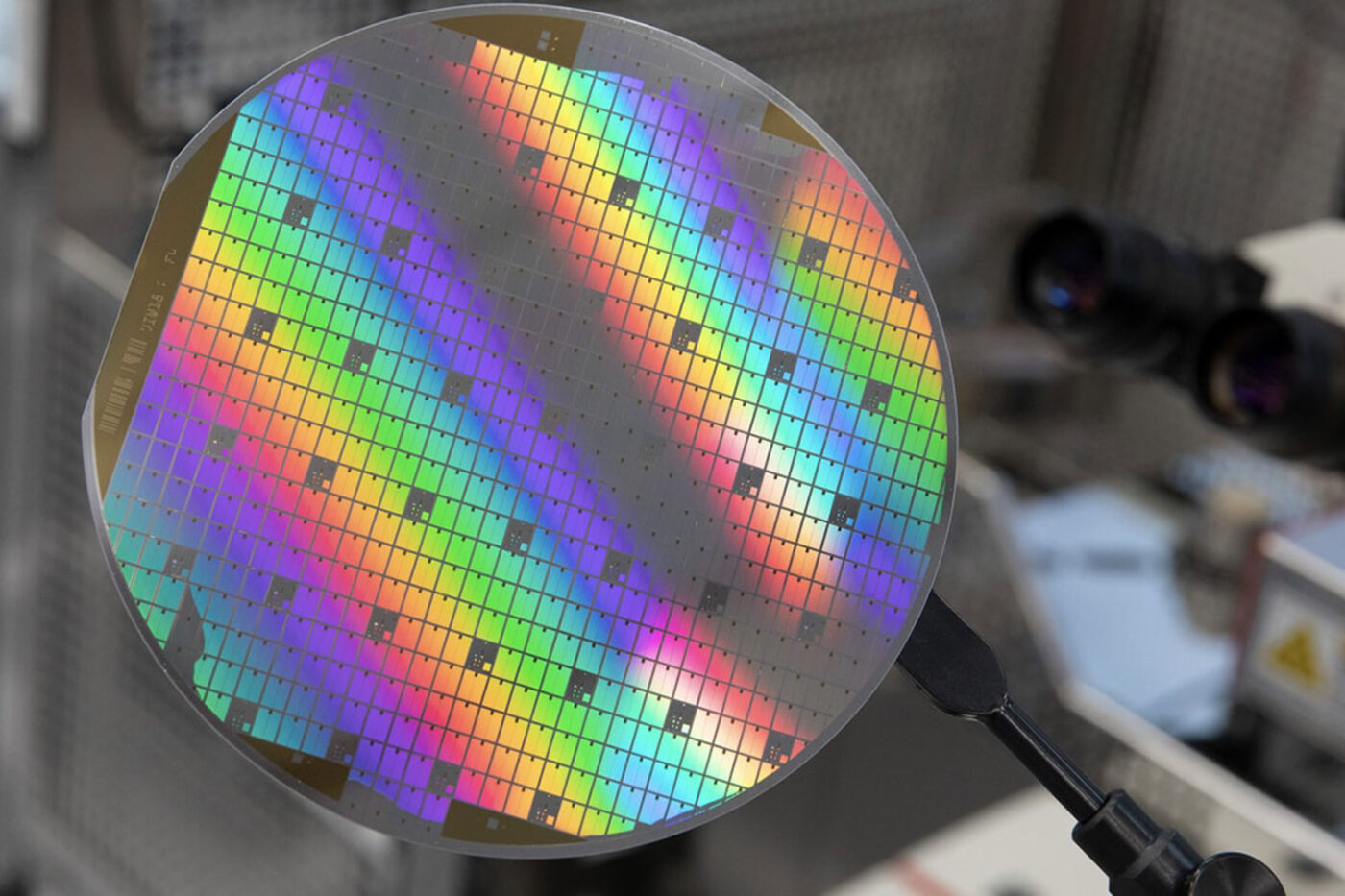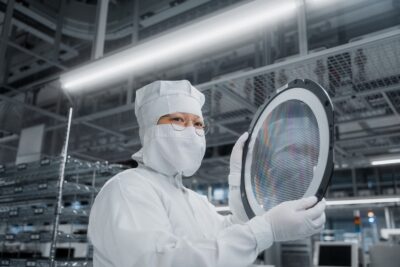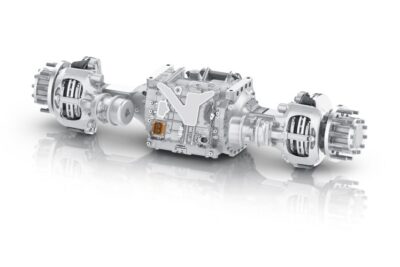Germany’s 2 billion euro boost for semiconductors
Two people familiar with the matter told Bloomberg news agency that the subsidies for the semiconductor industry are expected to amount to around two billion euros, but remained anonymous since the information has not yet been made public. According to these sources, the German Federal Ministry of Economic Affairs (BMWK) sent out a request to chip companies to apply for new subsidies at the beginning of November. Even so, it appears that the final figures are “still in flux”.
Publically, the ministry would only say that the budget is to be in the “low single-digit billion euro range.” The BMWK spokesperson, Annika Einhorn, revealed in an official statement that the new funds are to be made available for chip companies to develop “modern production capacities that significantly exceed the current state of the art.”
While the exact amount is still unclear, another question remains whether the funding program now planned by the BMWK can be implemented. As most will know from recent international headlines, a new federal government – the Bundestag – will be elected in Germany in February following the dissolution of the “traffic light coalition” between the German labour (SPD – red), liberal democrats (FDP – yellow) and the Green party. After the elections, the new government will likely plan its own budget to finance its projects. What remains to be seen is whether the Greens will still head the Ministry of Economic Affairs. The uncertainty is correspondingly great for chip manufacturers who are now submitting an application, as requested by the BMWK, but do not have assurances whether the funds will ever be paid out.
Modern semiconductors are urgently needed in the automotive industry as they are used in various control units in electric vehicles. The power electronics of the drives are particularly important because this is where the direct current stored in the battery is converted into alternating current for the electric motor, depending on the power requirement. The more efficiently this conversion takes place, the less electricity is lost in the form of heat – and the range increases. So far, however, the industry has mainly relied on imports, for example, from one of the market leaders TSMC in Taiwan. The political tensions between Taiwan and China could disrupt sensitive supply chains. The German automotive industry’s dependence on Asian semiconductor producers caused disruption to production during the pandemic, and in 2022, electric car production was also slowed due to power outages in China because of droughts, which saw key production areas slow production.
As Bloomberg writes, the German government wants to use the new funds to support “ten to 15 projects from different areas”. This will range from the production of wafers to the assembly of the actual microchips. BMWK spokesperson Einhorn confirmed, “The funded projects should contribute to a strong and sustainable microelectronics ecosystem in Germany and Europe.”
It remains to be seen just how attractive the funding is for chip manufacturers if the budget of allegedly two billion euros is divided between ten to 15 projects. The chip factory in Magdeburg, which was stopped by Intel in September, was stated to have a project volume of 30 billion euros, of which the federal government was to contribute 10 billion euros as a subsidy under the EU Chip Act – representing a significantly higher sum for just one project.
Despite the governmental support, Intel halted the project due to various problems within the company. This setback for the German chip industry was further compounded by the indefinite postponement of the planned factory for the US manufacturer Wolfspeed in cooperation with ZF in Saarland in October 2024. Nevertheless, TSMC has been building a new semiconductor factory in Dresden since August – as part of a joint venture with Bosch, Infineon and NXP.





0 Comments